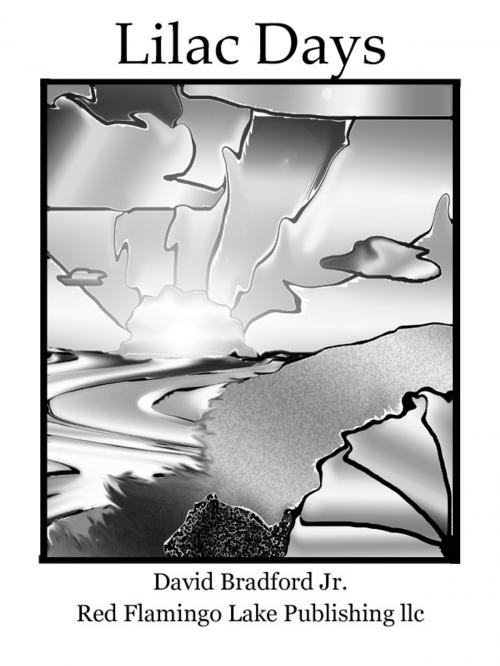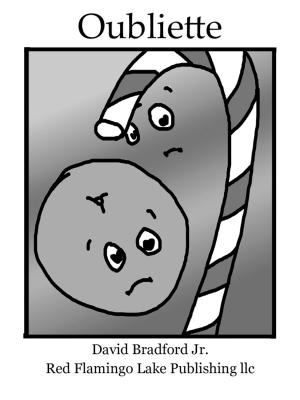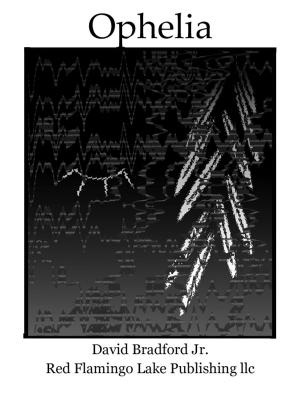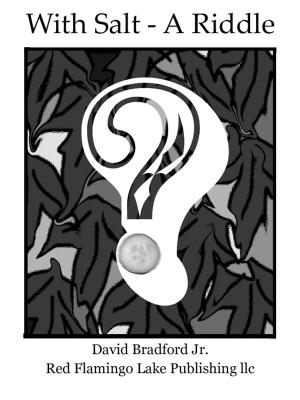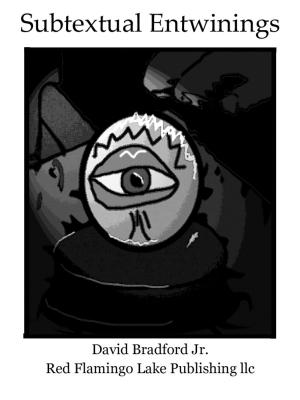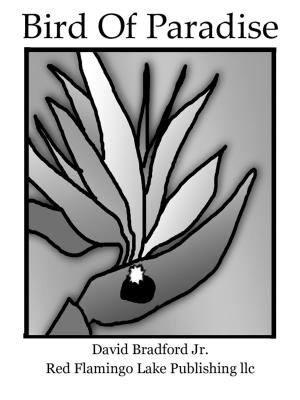| Author: | David Bradford Jr. | ISBN: | 9781938046261 |
| Publisher: | Red Flamingo Lake Publishing llc | Publication: | September 27, 2014 |
| Imprint: | Language: | English |
| Author: | David Bradford Jr. |
| ISBN: | 9781938046261 |
| Publisher: | Red Flamingo Lake Publishing llc |
| Publication: | September 27, 2014 |
| Imprint: | |
| Language: | English |
Lilac Days is a short poem about reminiscing fondly about a particular vacation with a loved one - a vacation in which the color lilac was prominent!
There are five stanzas. Each stanza, but one, has four lines - one stanza has five and that extra line is the only one in which the word lilac does not appear. This poem does not contain a systematic rhyme nor meter and can be classified as "free verse". Still, the use of the word lilac in every line (and many times two or three times in a single line) could, by a stretch, be considered to imbue a repeating 'rhyme-like' impression. While the structure of five stanzas has been maintained as five chapter breaks, each stanza has had its lines split-apart in order to preserve the intent (the pacing) of each line, and thus each line is given its own page; there may be instances, however, where managing the evolution of the poem in your mind, some lines have been split into multiple pages (making it so a chapter is not necessarily equal to the count of lines of a stanza).
Lilac Days is a short poem about reminiscing fondly about a particular vacation with a loved one - a vacation in which the color lilac was prominent!
There are five stanzas. Each stanza, but one, has four lines - one stanza has five and that extra line is the only one in which the word lilac does not appear. This poem does not contain a systematic rhyme nor meter and can be classified as "free verse". Still, the use of the word lilac in every line (and many times two or three times in a single line) could, by a stretch, be considered to imbue a repeating 'rhyme-like' impression. While the structure of five stanzas has been maintained as five chapter breaks, each stanza has had its lines split-apart in order to preserve the intent (the pacing) of each line, and thus each line is given its own page; there may be instances, however, where managing the evolution of the poem in your mind, some lines have been split into multiple pages (making it so a chapter is not necessarily equal to the count of lines of a stanza).
